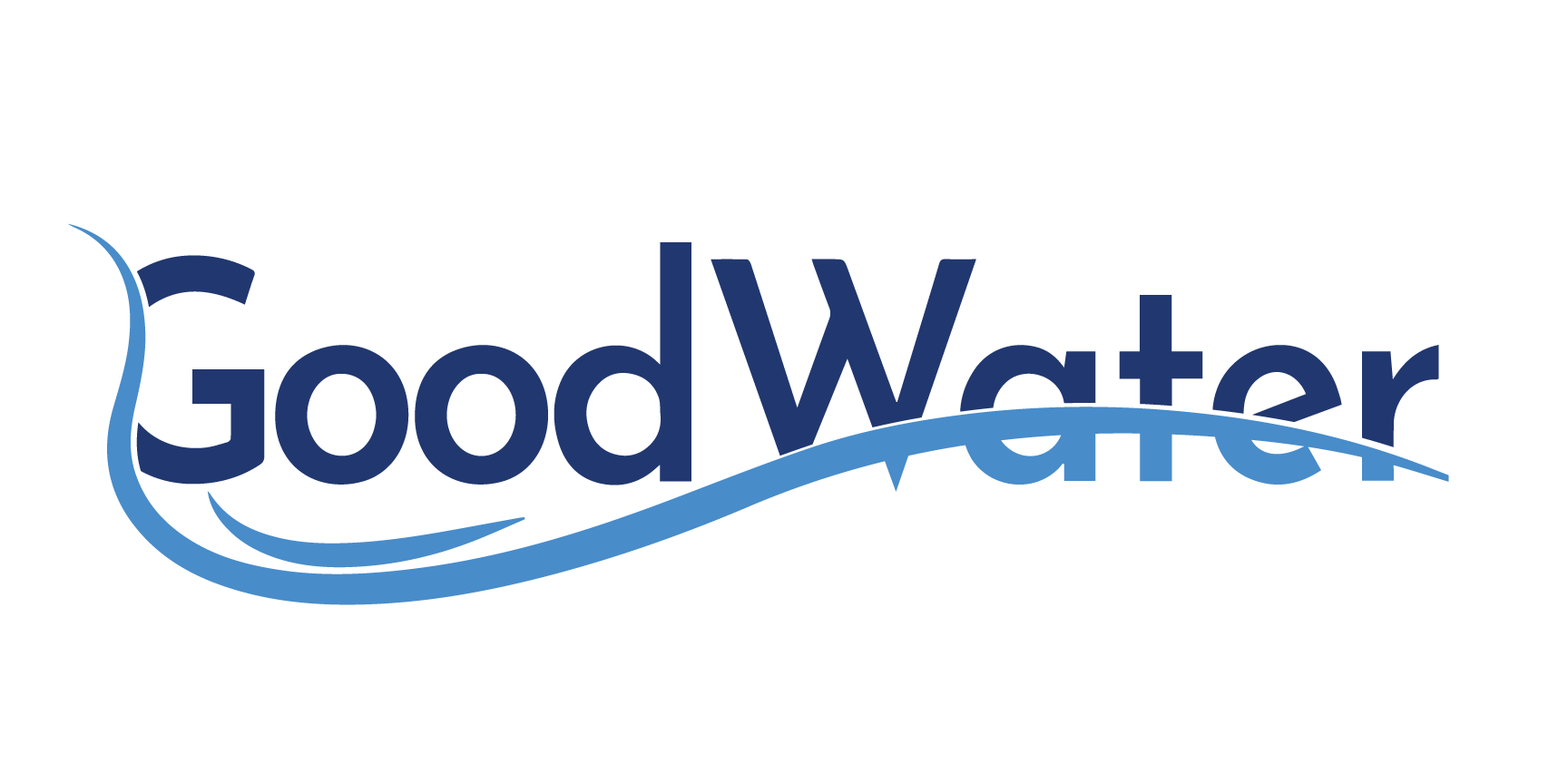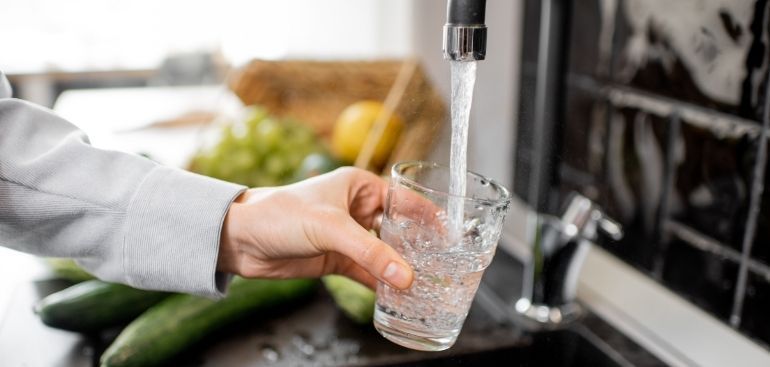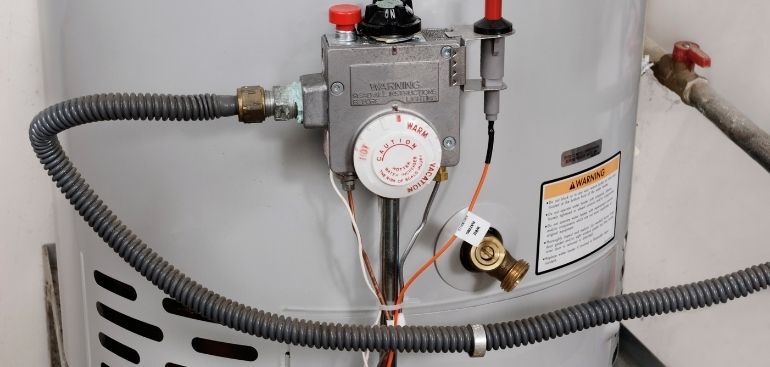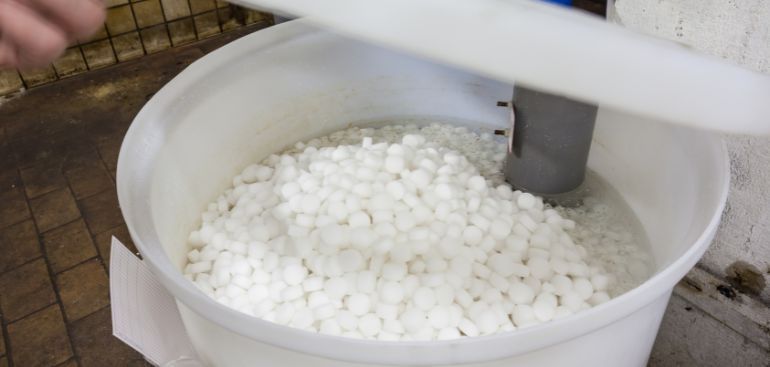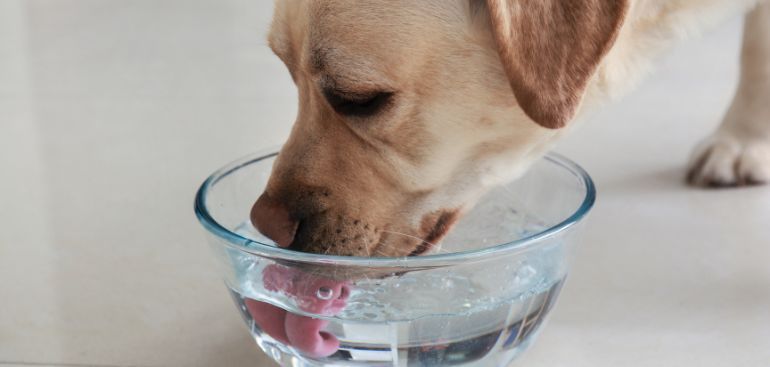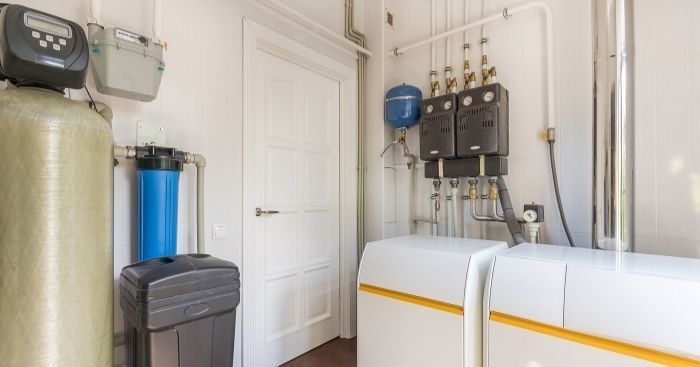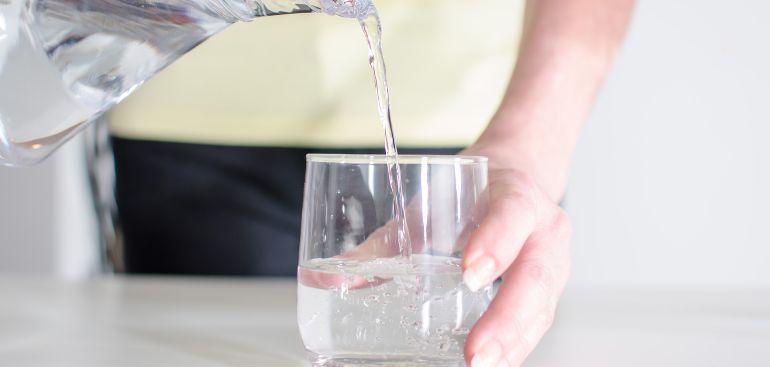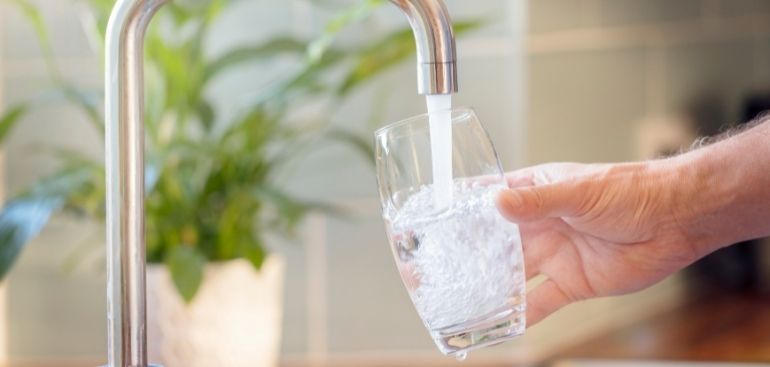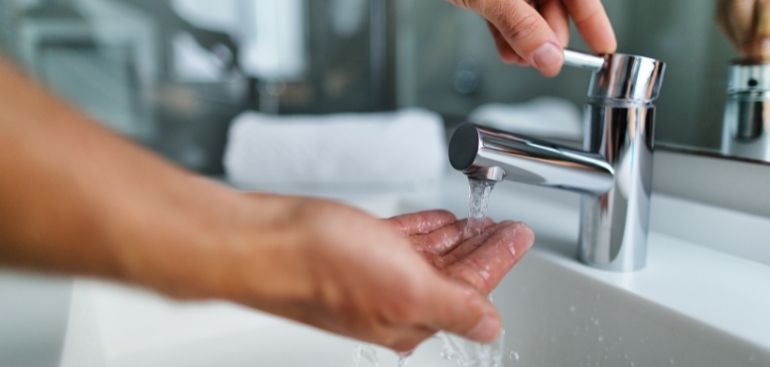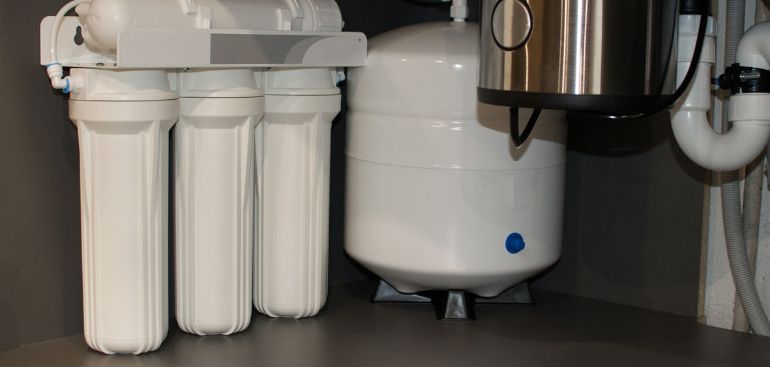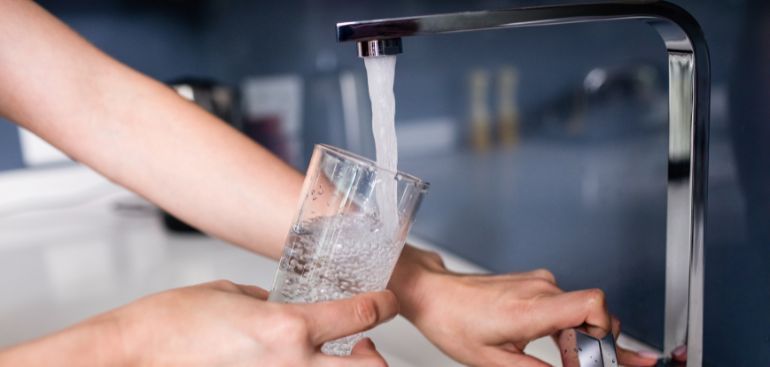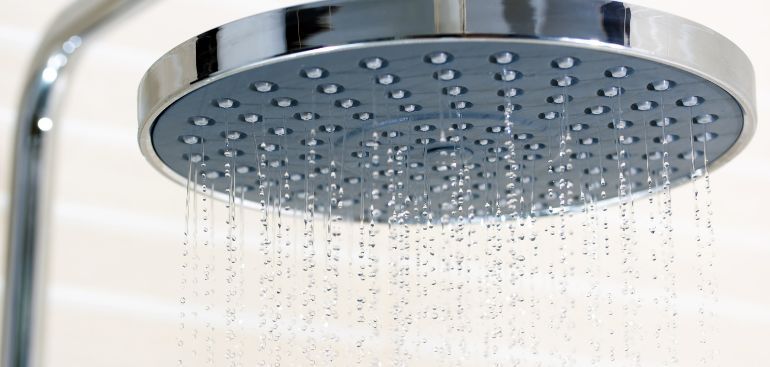Hard Water Treatment Options Colorado | GWC
Key Highlights
- You can learn how to reduce the impact of hard water in your Colorado home with effective water treatment solutions. Discover the benefits of a water softener, including spot-free dishes, softer skin, and a longer lifespan for your appliances. If you are looking for reputable water treatment dealers or specialists in Colorado, consider checking local listings, seeking recommendations from neighbors, or reviewing accredited companies through online directories such as the Water Quality Association website to find experienced professionals offering treatment solutions.
- Discover the benefits of a water softener, including spot-free dishes, softer skin, and a longer lifespan for your appliances.
- Understand what causes hard water and how its high mineral content impacts your daily life and plumbing.
- Explore top-tier water filtration and reverse osmosis systems designed for Colorado’s unique water conditions.
- I'd like you to please find out why a professional water test is the first step toward achieving better water quality.
Introduction
Are you tired of dealing with the frustrating effects of hard water in your Colorado home? You're not alone. Many homeowners across the state face this common issue, which can lead to plumbing problems, appliance damage, and a noticeable decline in water quality. This guide will explore what hard water is, how it affects your home, and the best water treatment options available to provide you with a lasting solution for clean, soft water.
Understanding Hard Water in Colorado
Hard water is a term for water that has a high concentration of dissolved minerals, primarily calcium and magnesium. While these minerals are not harmful to your health, they can cause a range of problems throughout your home. In Colorado, our water sources, including mountain runoff, travel through rock formations, naturally picking up these minerals before reaching your water supply.
This high mineral content is what defines the water quality in many areas. You might notice the effects daily, from soap that won't lather to stubborn spots on your glassware. Understanding the nature of your hard water is the first step in finding the most effective hard water treatment options available in Colorado.
What Causes Hard Water in Colorado?
Hard water in our state is caused by geology. As rain and snowmelt flow over limestone and gypsum, they dissolve minerals like calcium and magnesium, which remain in the water piped to homes. The amount of these minerals determines water hardness. Most Colorado cities, including Denver, Fort Collins, and Colorado Springs, have hard water due to these sources. To determine your water’s mineral content accurately, schedule a professional test. Accurate testing reveals water quality, helping you choose the proper treatment for a lasting solution.
Common Problems Hard Water Creates in Homes
Hard water causes more than cloudy dishes—it can lead to costly household problems. Mineral buildup affects appliances, plumbing, and any area that uses water. If your appliances aren’t performing well, hard water may be to blame. Common issues include inefficient water heaters due to scale buildup, clogged pipes caused by mineral deposits, and damaged appliances such as washing machines and dishwashers. These problems often start small but can develop into expensive repairs if left unaddressed. Colorado’s hard water highlights the need for a treatment solution to protect your home.
Effects of Hard Water on Your Home and Appliances
Hard water’s calcium and magnesium cause limescale buildup, damaging water heaters by forcing them to use more energy and wear out faster. Dishwashers and washing machines also suffer from clogs, which reduce their effectiveness and lifespan. These issues increase repair costs and appliance replacements. Treating hard water protects your appliances and keeps your home efficient.
Water Softeners: A Key Solution
When it comes to tackling brutal water head-on, a water softener is one of the most effective solutions. This type of water treatment system is specifically designed to remove the hardness minerals—calcium and magnesium—before they can enter your home’s plumbing. The process it uses is called ion exchange.
By installing a water softener, you can eliminate scale buildup, protect your appliances, and enjoy benefits like softer skin and brighter clothes. It's a comprehensive water treatment solution that addresses the root cause of hard water problems. Let’s look at how this technology works.
How Water Softeners Work Against Hard Water
Water softeners utilize a process known as ion exchange to effectively combat challenging water issues in Colorado homes. By replacing calcium and magnesium ions, which are responsible for water hardness, with sodium ions, these systems significantly reduce the mineral content in the water. This transformation mitigates the adverse effects of hard water, including scale buildup in appliances like water heaters and dishwashers, thereby extending their lifespan and improving efficiency.
Additionally, water softeners enhance water quality by improving overall taste and reducing skin irritation. As water flows through the softening unit, the high-quality water treatment product ensures that your home receives purified water that is both efficient and safe for everyday use. Consequently, investing in a water softener not only addresses challenging water problems but also delivers peace of mind for you and your family.
Comparing Water Softeners vs. Water Filtration Systems
When seeking better water quality, you might hear about both water softener systems and water filtration systems. While both improve your water, they serve different purposes. A water softener is a specific treatment solution designed to remove hardness minerals. It doesn't necessarily remove other contaminants.
On the other hand, a water filtration system, such as a reverse osmosis unit, is designed to remove a wider range of impurities like chlorine, heavy metals, and bacteria. Understanding their distinct roles is key to choosing the right system for your home.
Differences in Treating Hard Water
The primary difference between water softeners and water filtration treatment solutions lies in what they remove from your water. A water softener targets the specific minerals that make water "hard," while a filtration system focuses on a broader spectrum of contaminants to improve taste, odor, and safety. There are key differences between water softeners and filtration systems in treating hard water in Colorado.
Many homeowners find they need a combination of both to meet all their water needs. Here’s a quick breakdown of their functions:
- Water Softeners: Utilize ion exchange to replace calcium and magnesium with sodium ions, thereby eliminating scale buildup.
- Carbon Filters: Absorb chlorine and other chemicals that affect taste and odor.
- Reverse Osmosis (RO) Systems: Push water through a semipermeable membrane to remove a vast array of contaminants, including dissolved solids and heavy metals.
Ultimately, the right choice depends on a water analysis and your specific goals, whether it's just tackling hard water or achieving comprehensive water purification.
Exploring Whole House Water Filtration Options
For a truly comprehensive approach to improving water quality, a whole-house water filtration system is an excellent choice. Unlike point-of-use filters that treat water at a single faucet, these systems are installed at your home's main water line. This means every tap, shower, and appliance receives clean, filtered water.
These water solutions provide peace of mind by delivering consistent quality throughout your home. Whether you're concerned about chlorine, sediment, or other impurities, there are various water treatment products designed to meet your needs.
Features to Look for in a Filtration System
When selecting a whole-house water filtration system for a Colorado home, it's essential to consider several key features to ensure optimal performance. The right filtration system will effectively address your specific water issues without compromising your home's water flow or pressure.
Think about the long-term maintenance and costs associated with the water filters. Some systems require more frequent filter changes than others. Evaluating these aspects beforehand will help you make an informed and confident choice. Here are a few critical features to look for:
- Flow Rate: Ensure the system can handle your household's peak water demand without a noticeable drop in water pressure.
- Filter Type and Lifespan: Look for water filters that target the specific contaminants in your water and have a reasonable lifespan for cost-effectiveness.
- NSF Certification: A certification from the NSF ensures the system has been tested and verified to meet strict standards for contaminant reduction.
Considering these points will help you find a filtration system that works best for your home.
Choosing the Right Hard Water Treatment Company in Colorado
Selecting the right company is just as important as choosing the right equipment. Look for water treatment experts with a proven track record, extensive knowledge of Colorado’s water issues, and a commitment to customer support. A reputable company will begin with a thorough water analysis to recommend a water treatment solution tailored to your home's unique needs, rather than a one-size-fits-all product. Good Water Company offers the best hard water treatment options in Colorado, providing reliable and affordable services throughout a wide service area.
When you partner with a trusted provider, you get more than just installation. You gain access to ongoing maintenance, expert advice, and the peace of mind that comes with licensed professionals handling your water treatment services. Consider a company that offers comprehensive support, from the initial consultation to long-term care, to ensure you receive quality water treatment for years to come.
Conclusion
In conclusion, understanding and addressing complex water issues in Colorado is essential for maintaining the health of your home and appliances. From selecting the right water softener to exploring whole-house filtration options, various effective treatments are available that can significantly improve your water quality. The right solution not only enhances the taste and safety of your drinking water but also protects your plumbing and extends the lifespan of your appliances. If you're ready to tackle your complex water challenges, contact Good Water Company today for a complimentary consultation and let us help you find the best treatment options tailored to your specific needs.
Frequently Asked Questions
Are salt-free water softeners effective against Colorado’s hard water?
Salt-free systems, often referred to as water conditioners, don't remove hardness minerals but instead crystallize them to prevent mineral buildup. While they can help reduce scale, traditional salt-based water softener systems are generally more effective for improving water quality and eliminating the problems associated with Colorado’s tough water.
What kind of maintenance do water treatment systems require?
Maintenance varies by system. A water softener requires you to add salt to the brine tank periodically. Filtration systems need their filters to be replaced on a regular schedule, typically every 6 to 12 months. Scheduling routine water treatment services can ensure your water treatment system continues to operate efficiently for years to come.
How do I know if I need a water softener or a filtration system?
If you have scale buildup and soap scum, a water softener is your best bet. If your water problems include bad taste, odor, or concerns about contaminants, a water filtration system is needed. A free water test is the best way to analyze your water quality and determine the ideal solution.
https://www.youtube.com/@PaultheWaterMan
https://www.youtube.com/@HagueQualityWater
Hard water treatment options colorado
Hard water treatment options colorado
Hard water treatment options colorado
Hard water treatment options colorado
Hard water treatment options colorado
Hard water treatment options colorado
Hard water treatment options colorado
Hard water treatment options colorado
